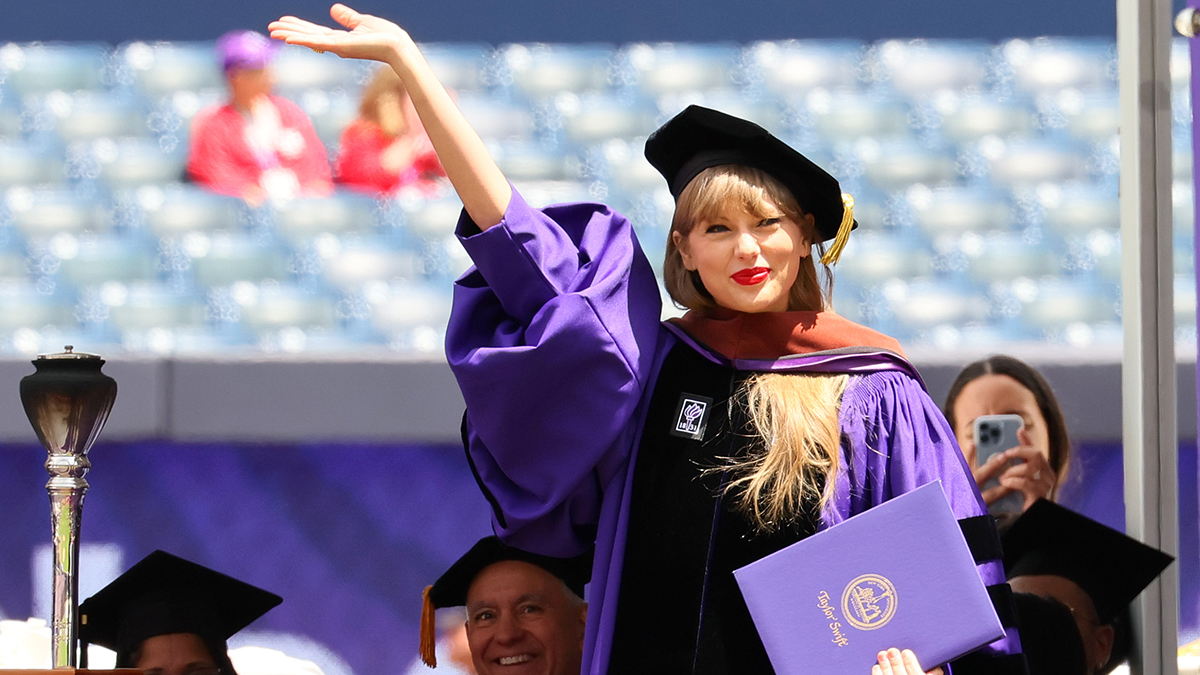
We’ve all heard the moans from parents and elderly relatives: music is getting worse, it’s dumbing down, becoming more stupid. Not like it was ‘in their day’. Oh no.
Not so, according to a new study issued by the US-based crossword solver website, Crossword Tips. Analysing the lyrics from over half a century of the Billboard charts, from 1970 to 2023, it has found that, on average, songs in the 2020s have 169 unique words per 1000. In the 1980s, that figure was only 136 unique words per 1000.
Interestingly, the least lyrically diverse year was 1979, the height of the disco era, with only 117 unique words per 1000.
The rise of hip hop has undoubtedly contributed to this flourishing of language in music. Indeed, it’s T-Wayne’s Nasty Freestyle from 2015 which holds the honour of being the most lyrically diverse hit of the 21st Century, with 81.52% of words being used just the once.
Using an AI algorithm, the study also worked out whether a song is positive, negative or neutral in subject matter, and on this measure, the evidence is that music is getting both sadder and more negative.
The average probability that a song is negative has gone up from 35.4% in the carefree 1970s, rising steadily until the present day where that probability is 48.1%.
The most ‘positive’ song of this century was Selena Gomez & The Scene’s Love You Like A Love Song from 2012. The most ‘negative’? That’ll be Gwen Stefani’s Hollaback Girl. However, the appearance of Taylor Swift’s Shake It Off as fifth on the negative list would suggest that AI doesn’t really understand the human concept of irony. Not yet, anyway.
In one respect, the survey does back up boomer moans: pop music is getting more sweary. In the 1970s the average number of profanities - sh*ts, f*cks, b**ches, asses and damns - was just 0.6 words per 1000. Now that figure is a whopping 25.3. You can put that down to hip-hop again. Or lax morals. Either way, it’s a rise of 4,117%, and proof if proof were needed that those Parental Advisory Labels have had no effect in curbing profanity in pop.
Of course, the survey just looked at the Billboard charts so it doesn’t contain data from musical trends that didn’t cross the Atlantic first time around: glam rock, punk and post-punk, Britpop and large swathes of the post-1988 explosion in dance music.
For more information on the study go to Crossword Tips.







